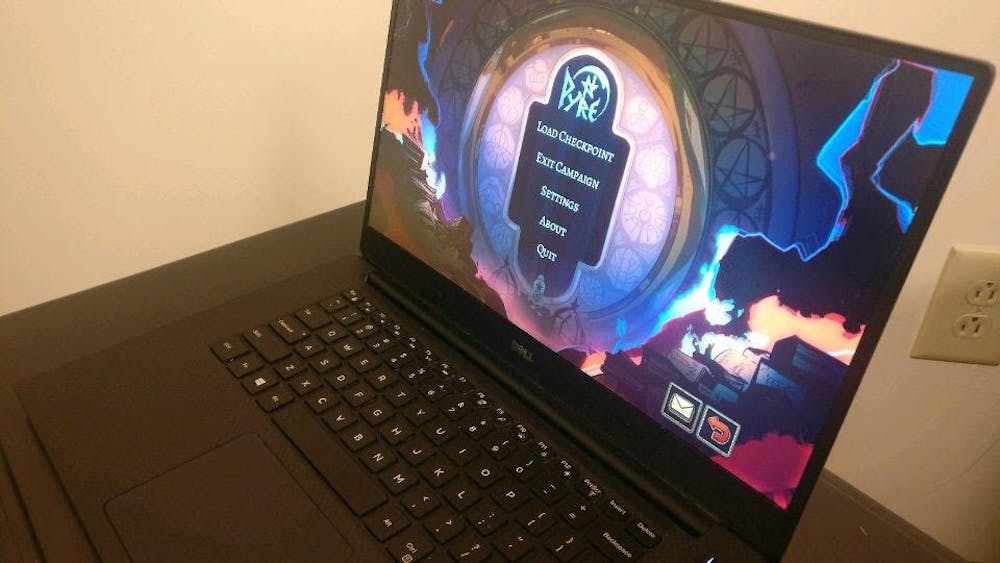As a toddler, now-senior Vincent Camp would peer eagerly over his brother's shoulder, memorizing every key his brother pressed when playing "Carnivores" on their family's computer. This early eagerness to learn about video games developed into an interest to create them with peers, which led Camp to form the UR Game Development Club.
“The UR Game Development Club is an interdisciplinary group of students who come together to create something they all think is fun,” said Camp, the club's president. “I like the idea of having some kind of project that, no matter what you’re studying, everyone can participate in and enjoy.”
When Camp says everyone can participate, he means it. Although Camp himself is studying computer science, it is not a prerequisite for joining the UR Game Development Club, he said.
Junior Yuwei Lin is a testament to this. Although Lin said she had intended to study game design in graduate school, at UR she studies art and business.
"Programming, art or music are essential to a game, but they are not the only part of a game,” Lin said. “What’s more important is the understanding of this new ‘medium’ and what other subjects or knowledge can be applied here."
Because the UR Game Development Club wants to welcome every student interested, they plan to teach students how to create games, Camp said.
“The club, more than anything is educational,” Camp said. “We’ve delegated three major branches of instructors. We’ll have one person teaching writing and design; one teaching art, audio and design; and one teaching programming and design."
Jory Denny, assistant professor of computer science and the UR Game Development Club adviser, will be available for questions regarding computer science components of games and even has friends that he can bring in to help further the learning experience in both writing and art, he said.
But, Denny also said he hoped that the three-tiered approach to teaching would allow students to teach other students.
“There are three things I hope students are able to take away from the club,” Denny said. “The first is that there is someone behind the game and an appreciation for the work that went into games. The second is just a passion for making games. I have an extreme passion for this, and I want to share it with students.
"And last, as a group -- that there’s hopefully some curation that happens, so that as a club they come together to do something.”
In terms of creation, Denny said that students would be able to either create one game as a whole or create a few games simultaneously in smaller teams within the club.
Enjoy what you're reading?
Signup for our newsletter
This game creation will hopefully culminate every year at Game Jam, a weekend-long programming competition.
“Game Jam is a worldwide event where people come together, and in 48 hours you make something,” Denny said. “That’s our big thing that we’ll build to as a team.”
At the moment, the club will use on-campus resources like the Technology Learning Center or Media Resource Center to work. They plan to file for SOBAC funding in the fall when the club is fully operational, and there should be no dues or costs for students to join, Camp said.
The club will also be tabling at Spiderfest in fall 2019, Denny said, so interested students could ask questions or sign up there.
This semester, the club intends to host one meeting, for which the date has not yet been set.
Contact contributor Maddie Kelley at madeline.kelley@richmond.edu.
Support independent student media
You can make a tax-deductible donation by clicking the button below, which takes you to our secure PayPal account. The page is set up to receive contributions in whatever amount you designate. We look forward to using the money we raise to further our mission of providing honest and accurate information to students, faculty, staff, alumni and others in the general public.
Donate Now



